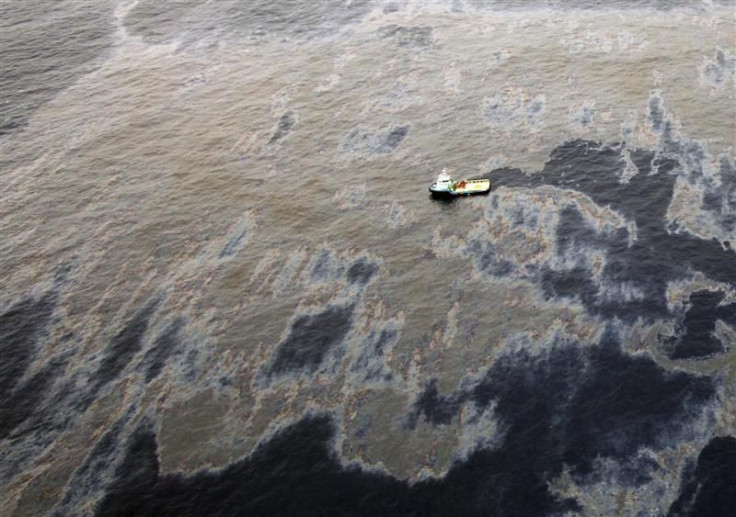Brazil Judge Blocks Injunction Against Chevron

A judge in Rio de Janeiro state in Brazil blocked a request that Chevron (NYSE: CVX) and Transocean's (NYSE: RIG) operations in that country be halted following two offshore oil spills.
Chevron and Transocean are facing two civil lawsuits in Brazil and upwards of $22 billion in environmental fines after 3,000 barrels of oil seeped from the ocean floor in November 2011.
Brazilian prosecutors sought to bar the two companies from continuing their operations in the country. Chevron is the lead developer in the offshore Frade Field, part of a much larger oil basin where as much as 46 billion barrels of oil may yet be discovered.
Judge Guilherme Diefenthaeler of the Second Federal Region's appellate division, however, struck down the request for an injunction against the companies, saying it would encroach on the legal authority of Brazil's oil regulator, reported Reuters.
Brazilian authorities have responded strongly to the two spills, even if they amount to less than 1 percent of the BP Deepwater Horizon spill of 2010, and to another one in March, which the company says amounted to just one barrel of oil.
On March 17 the chiefs of operations for both Chevron and Transocean were barred from leaving the country. Each faces criminal charges for their role in the two spills. They could be sentenced to as many as 31 years in prison.
Chevron owns the well, but Transocean operated the rig.
Prosecutors previously attributed the spill to negligence on the part of Chevron and called the damage done to the environment incalculable at this point.
Chevron has previously denied it was negligent, and announced Wednesday it was pleased with the court's decision.
Chevron Brasil is confident that at all times it acted diligently and appropriately, and in accordance with the best practices in the oil industry as well as within the plan of development as approved by regulators, said company spokesman Kurt Glaubitz. Chevron Brasil's response to the incident was implemented according to the law, industry standards and in a timely manner.
In November, a spike in pressure at one of Chevron's wells caused a fissure in the seabed, allowing oil to leak from the cracks.
No oil from that leak reached the shore and Chevron announced Wednesday that continuing monitoring of the area shows no more oil has seeped from the cracks.
Brazil is experiencing an offshore energy bonanza, and is estimated by the U.S. Geological Survey to hold as much as 100 billion barrels of oil in offshore deposits. The legal standoff has led to fears that Brazil could cool the industry's willingness to help develop the country's resources.
In Wednesday trading in New York, shares of Chevron closed down 50 cents to $10.95, and Switzerland-based Transocean closed down 66 cents to $49.14.
© Copyright IBTimes 2024. All rights reserved.











